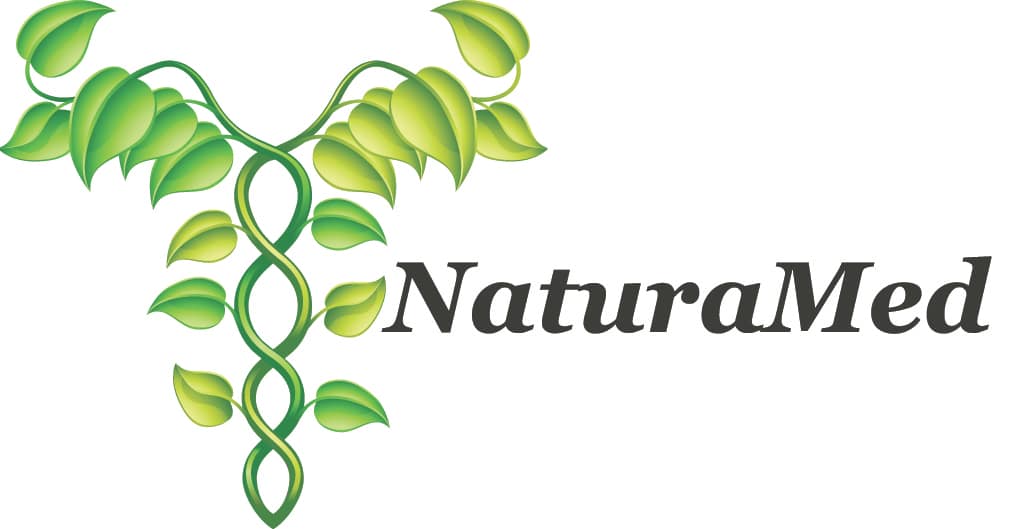The pleasure of eating again!
For most people, conscious and anti-inflammatory eating is not known and praticed. Eating is not either a chore or a pleasure to cook or even take the time to eat! According to some people, eating is just a way to fill up the gas tank and quickly get back on the highway of our breathless lives! Finally, others eat like epicureans, or respond to an unfulfilled emotional need.
The relationship to food and our bodies is at the very heart of conscious eating. Do we eat to take care of the needs of our body and brain, in respect with our real hunger, with pleasure and gratitude? Do we eat to satisfy an emotional need or for a reason other than to feed ourselves?
Some people say that we are what we eat. I would say that we are more what we digest and assimilate with the way we eat our food. Eating under stress and emotional overload can only keep us from getting the nutrients and wonderful things in our food!
Today, how about taking the time to make yourself something to eat that you enjoy AND that is good for YOU? How about eating slowly and conscientiously so that you can savour your food and enjoy every bite as if it were a one-of-a-kind meal?
Eating should also be a sacred, exceptional act, a privilege to be thanked, because we have a digestive system that allows us to eat normally. I have been in the hospital for appendicitis. I could not eliminate normally or eat all I wanted. This time of suffering has taught me to appreciate being able to eat “like everybody else.” That’s wonderful!
Inflammation, food and the art of conscious eating…
Eating in a hurry doesn’t digest well. Stress causes inflammation with the secretion of many hormones and activation of the sympathetic nervous system.
Inflammation occurs when the body screams and you can’t hear it. Keep track of it by keeping a food journal. Some foods are known to promote inflammation. Be sure to eliminate or reduce foods that contain too many carbohydrates (breads, pasta, potatoes, sweets and desserts). Choose gluten-free whole grain cereals such as rice, millet, buckwheat and quinoa. Certified gluten-free oats are an excellent choice, but not corn even though it does not contain gluten, because a similar protein makes most people sensitive to gluten.
Foods that promote inflammation
Sugar, dairy products and highly heated proteins (BBQ and pan grilling), chips (highly heated) and bad fats (fried foods and commercial fats like most margarines) should also be avoided.
Some people also react to the Solanaceae family. These include potatoes, peppers, chili peppers, tomatoes and eggplant. Ultimately, it can be any food that is not suitable.
Each person is different and reacts differently, not just to the foods they eat, but also to their stress, which together promote inflammation. Observe and keep a food journal as if you were doing a scientific experiment, considering the healthy foods tested as neither good nor bad. One person’s superfoods can be another person’s poison!
Good experimentation!



Recent Comments